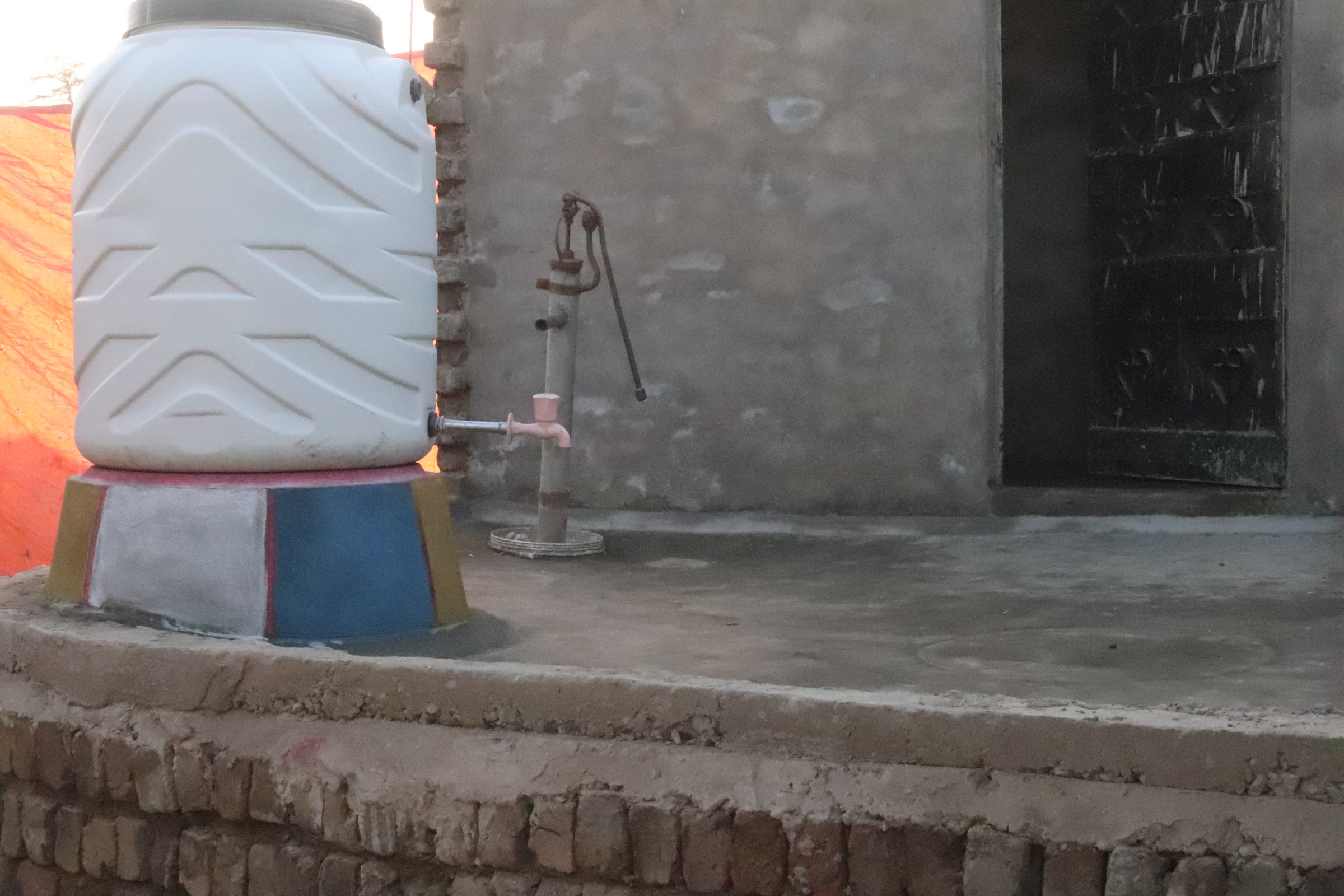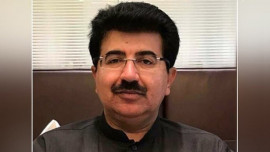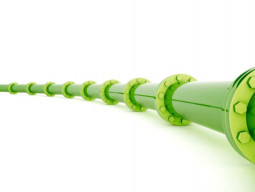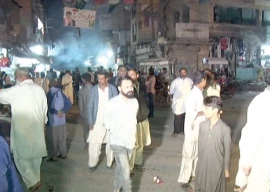
The twin cities of Rawalpindi and Islamabad are facing a looming water crisis as the water levels in Rawal and Khanpur dams have rapidly declined due to prolonged drought conditions.
Residents of the neighbouring cities heavily depend on these dams, each now having the capacity to provide 90 days of water. Concerns are rising about a potential water shortage before the onset of summer.
The ongoing constructions in the city and cantonment areas of Rawalpindi, coupled with the increasing population, have heightened the water demand. The anticipated crisis is exacerbated by the lack of progress on the Ghazi Barotha Water Supply Project, aimed at ensuring a long-term water supply to the twin cities. The project, initially estimated at Rs72 billion, has seen its cost rise to Rs150 billion due to prolonged delays.
The Ghazi Barotha Water Supply project envisioned to deliver 600 million gallons of water per day in three phases, has faced setbacks, with progress limited to briefings and discussions. The daily water requirement continues to rise as development agencies approving building plans neglect to obtain necessary clearances from water supply agencies.
Read Old city area plagued with water woes
Currently, Rawalpindi faces a daily water supply shortfall of 17 million gallons, projected to escalate to 140 million gallons by 2050. Despite ongoing projects like the Chahan Dam and Daducha Dam, and efforts supported by the Asian Development Bank to expand the water supply network, a 100-million-gallon daily shortage is expected even after their completion. The Ghazi Barotha project's 24 km water pipeline, connecting Ghazi Barotha to the Sangjani Water Treatment and Storage Site, is deemed essential to address this shortfall.
For 15 years, successive governments have declared the Ghazi Barotha Water Supply Project as feasible, projecting it to meet water needs for the next century. However, continuous delays have escalated the project's cost, and despite numerous presentations and discussions at various government levels, tangible progress has been elusive.
Water supply experts warn of a rapid decline in underground water levels, leading to the eventual failure of existing tube wells. The cost of water obtained through these wells is expected to rise significantly due to high electricity bills. In contrast, the Ghazi Barotha project promises cheap and clean water, to be supplied through water filtration plants, providing 200 million gallons per day in each of its three phases.
Upon completion, the project aims to eliminate reliance on tube wells and existing water sources, signalling a crucial step towards ensuring a consistent and affordable water supply for the twin cities over the next century.
Published in The Express Tribune, January 8th, 2024.
1719660634-1/BeFunky-collage-nicole-(1)1719660634-1-405x300.webp)

1732276540-0/kim-(10)1732276540-0-165x106.webp)

1732274008-0/Ariana-Grande-and-Kristin-Chenoweth-(1)1732274008-0-165x106.webp)
1726722687-0/Express-Tribune-Web-(9)1726722687-0-270x192.webp)















COMMENTS
Comments are moderated and generally will be posted if they are on-topic and not abusive.
For more information, please see our Comments FAQ